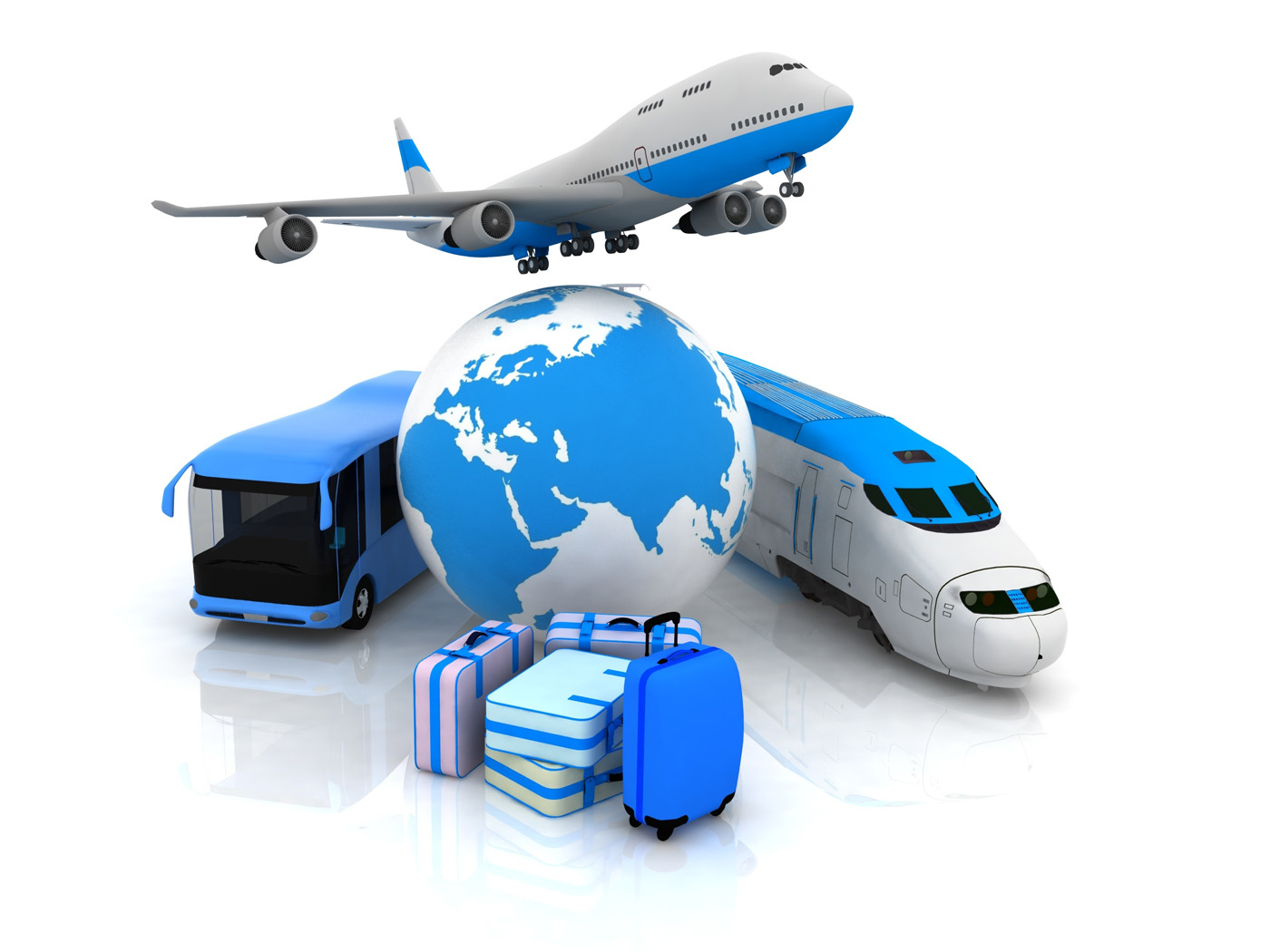Transport and logistics are two terms that are often used interchangeably, but they are not the same thing. While they are both essential components of the supply chain, they have different functions and objectives. In this blog post, we will explore the difference between transport and logistics and why it is important to understand this difference.
Transport refers to the physical movement of goods from one location to another. It involves the use of various modes of transportation such as trucks, ships, airplanes, and trains. The primary objective of transport is to move goods from the point of origin to the point of consumption or distribution. Transport is a critical component of the supply chain, as it ensures that goods are delivered to the right place at the right time.
Logistics, on the other hand, is a broader term that encompasses all the activities involved in the management of the supply chain. It includes planning, organizing, and controlling the movement of goods from the point of origin to the point of consumption or distribution. Logistics also involves the coordination of various activities such as inventory management, warehousing, and transportation. The primary objective of logistics is to ensure that goods are delivered to the right place at the right time, in the right quantity, and at the right cost.
The main difference between transport and logistics is that transport is a subset of logistics. While transport is concerned with the physical movement of goods, logistics is concerned with the entire process of managing the supply chain. Logistics involves a more comprehensive approach to the movement of goods, including planning, coordination, and management of all the activities involved in the supply chain.
Understanding the difference between transport and logistics is crucial for businesses that want to optimize their supply chain operations. By focusing on logistics, businesses can improve their overall efficiency and reduce costs. Logistics allows businesses to streamline their operations, reduce inventory levels, and improve customer service. By optimizing their logistics operations, businesses can gain a competitive advantage in the marketplace.
In conclusion, transport and logistics are two essential components of the supply chain. While they are often used interchangeably, they are not the same thing. Transport refers to the physical movement of goods, while logistics encompasses all the activities involved in the management of the supply chain. By understanding the difference between transport and logistics, businesses can optimize their supply chain operations and gain a competitive advantage in the marketplace.

